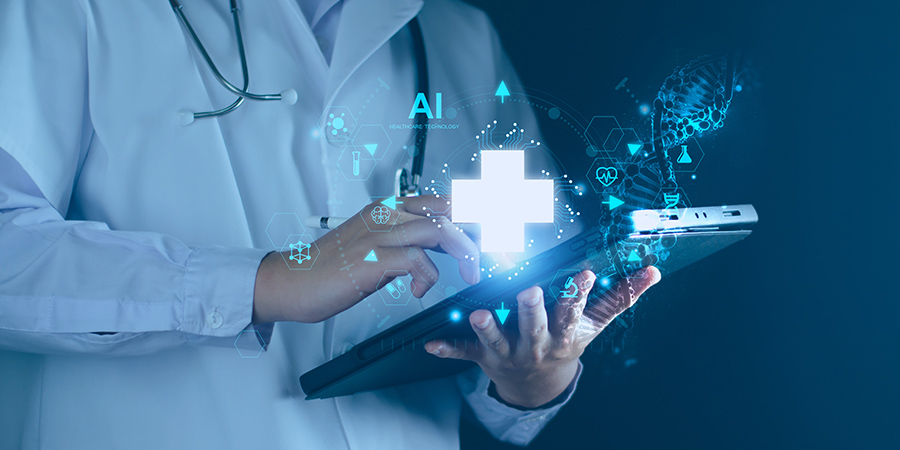Radiologists can harness the transformative power of artificial intelligence (AI) in healthcare, particularly in radiology, where AI is revolutionizing diagnostic processes.
With roots dating back to computer-aided detection in mammography in 1992, AI has evolved into deep learning, a subset of machine learning that improves efficiency and reduces false alarms in image interpretation. The concept of radiomics, focusing on quantitative metrics within medical images, has emerged as a powerful tool, allowing for the extraction of valuable data to aid clinical decision-making.
Moreover, AI applications in radiology extend to natural language processing (NLP) and large language modeling (LLM), facilitating the analysis of reports and research through open-source libraries and generating and understanding free-form text. AI's impact on patient care spans the entire healthcare journey, from scheduling appointments to reporting workflow. Despite promising advancements, challenges such as standardization, data privacy, and the risk of false-positive results persist. Efforts to address these challenges include guidelines like the Radiomics Quality Score (RQS) and the Transparent Reporting of a Multivariable Prediction Model for Individual Prognosis or Diagnosis (TRIPOD) checklist. Radiology education institutes offer AI-oriented fellowships, highlighting the need for professionals to embrace AI as a valuable tool in patient care without replacing clinicians. As the AI debate continues, seminars aim to raise awareness of its potential benefits in healthcare.







